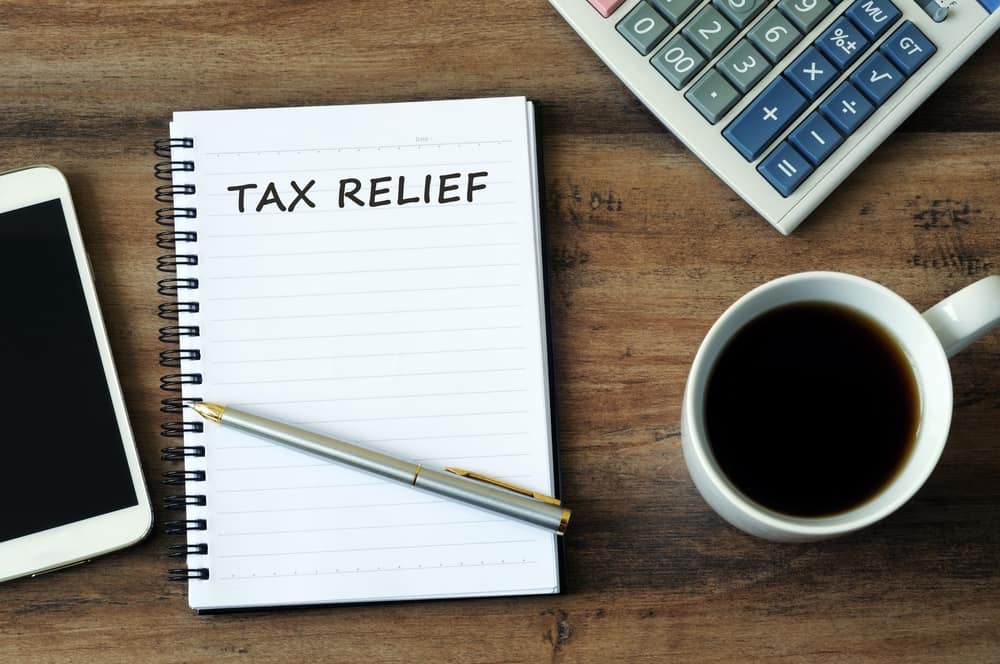
The deadline for completing self-assessment tax returns for the year 2019/2020 is at the end of this month.
Since April 2017 the amount of mortgage interest payments landlords have been able to deduct as an expense has been gradually phased out.
From April 2020 landlords were no longer able to deduct any of their mortgage expenses from rental income to reduce their tax bills.
Instead, landlords will receive only a tax-credit, based on 20% of their mortgage interest payments.
Angus Stewart, chief executive of Property Master, said: “Landlords have been subject to numerous tax and regulatory changes over recent years but the change to the treatment of mortgage interest payments is by far the most damaging.
“It is worrying to say the least that there are many landlords unprepared for that fact that that they can no longer deduct any of their mortgage interest payments going forward.
“We know that this change has already encouraged a proportion of smaller landlords to leave the sector.
“We expect to see others follow judging from the comments made by some of the landlords completing our survey.
“As well as the obvious impact the removal of this tax relief will have, another lesser appreciated effect is that it will push some landlords into the higher tax bracket by including as income money they have actually paid out in interest payments.”
Over 40% landlords responding to the Property Master survey were also unaware of the changes in Capital Gains Tax made last year.
Since April 6, 2020 there have been changes to how landlords need to declare and pay Capital Gains Tax.
Anyone who disposes of a UK residential property that is not their main home and make a capital gain where there is tax to pay, now need to inform HMRC and pay the tax due within 30 days of completion.
More than a third of landlords (34%) still thought they could put off declaring and paying Capital Gains Tax until their next tax return.
One in ten (10%) thought they had six months within which to settle.
More than one in ten landlords replying to the survey (12%) confessed to having filled in their tax return late in a previous year.
HMRC have included coronavirus-related reasons as an explanation for missing the 31 January deadline.
However, this could only be stated as part of an appeal against the £100 fine for filing a self-assessment tax return late and it is not clear as to what would constitute a coronavirus-related reason.
Almost two thirds of landlords surveyed (64%) said that recent changes in taxation generally had made them consider buying any future buy-to-let properties through a limited company.
Nine out of 10 landlords (90%) were fearful that higher taxes were on the horizon for landlords as the Government sought to recoup the money paid out because of the coronavirus crisis.



